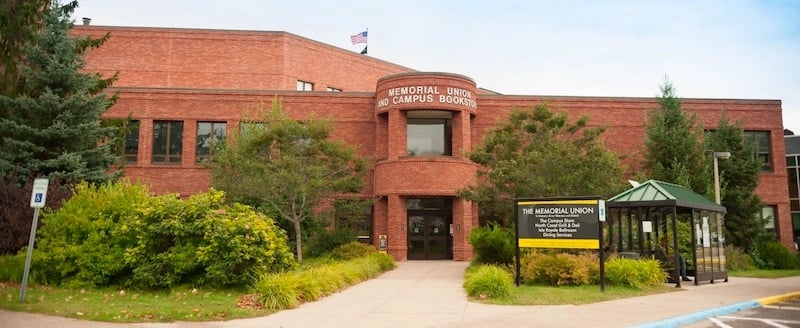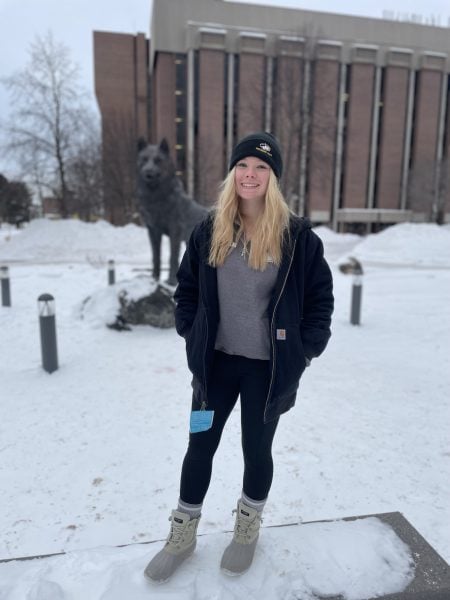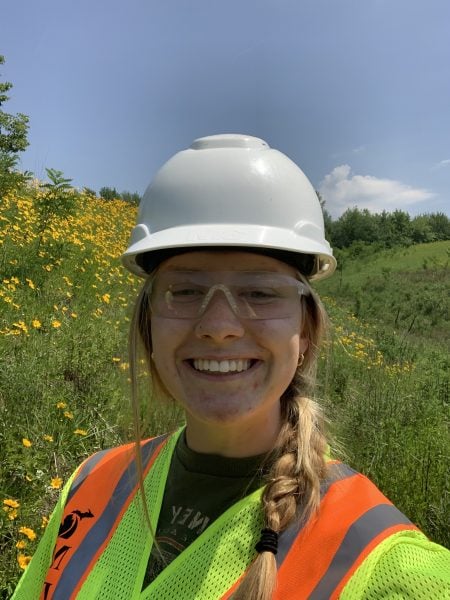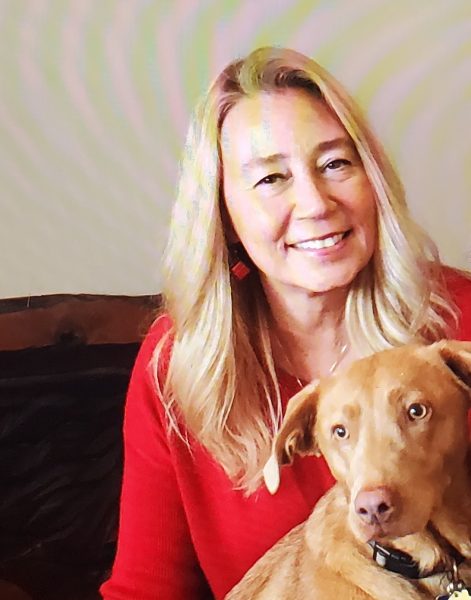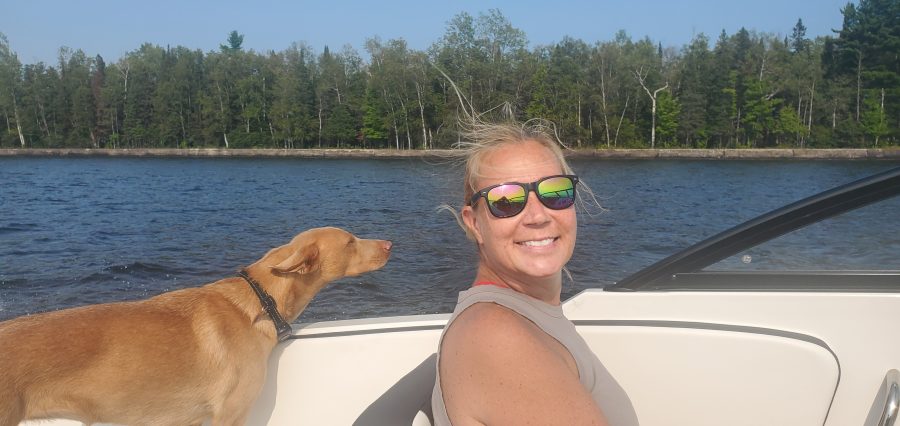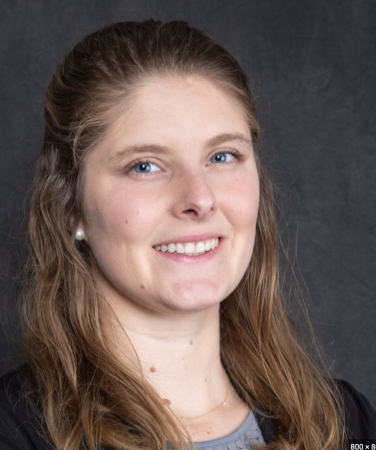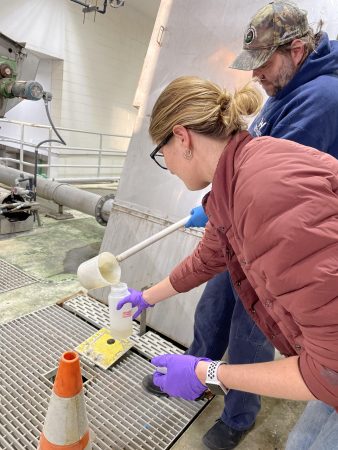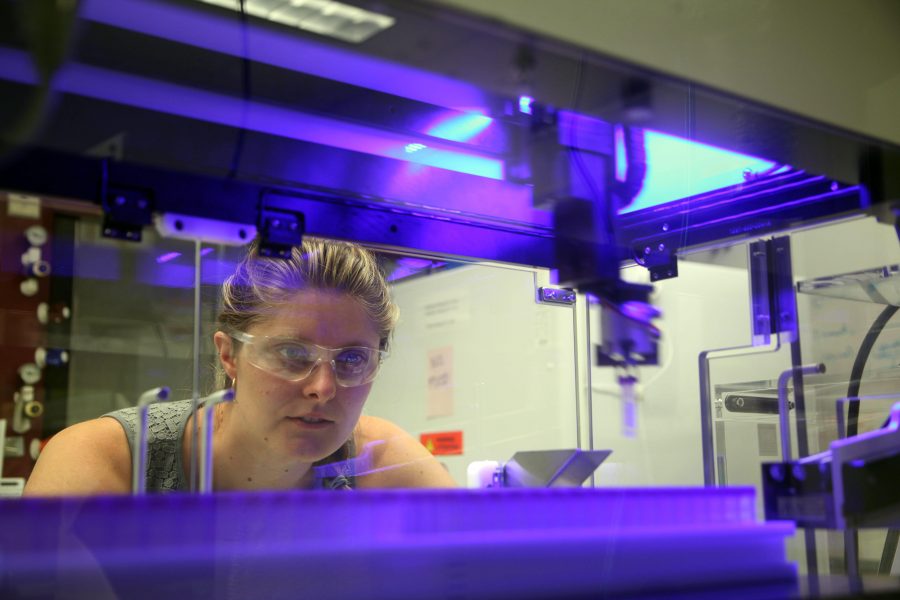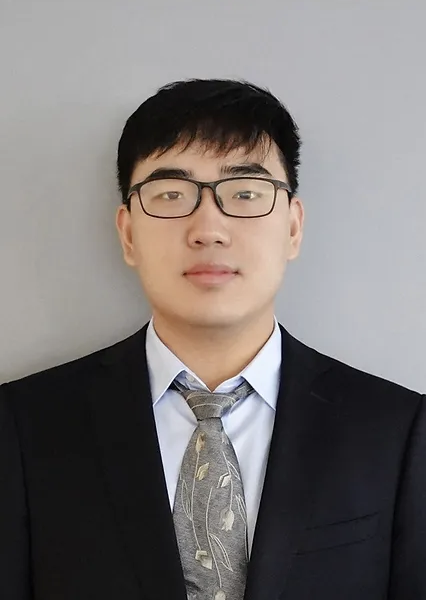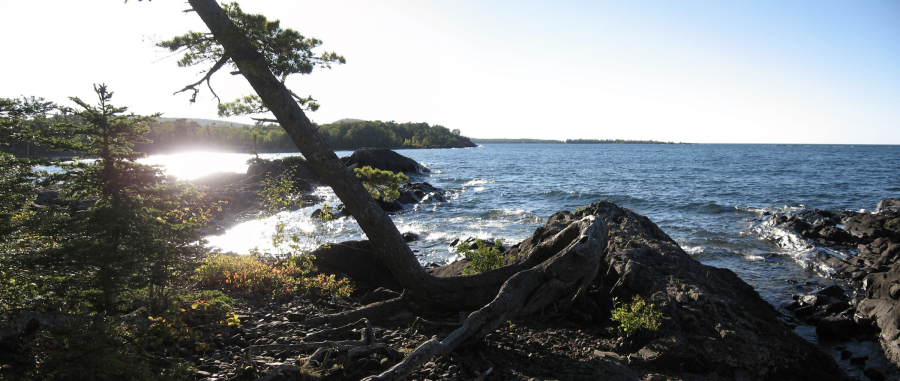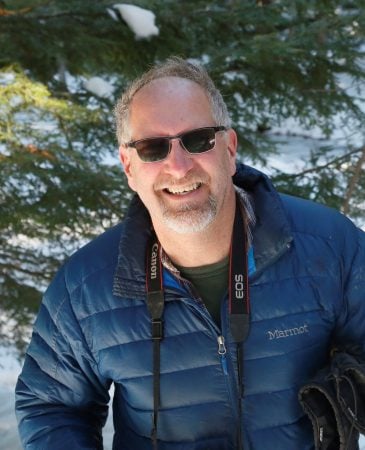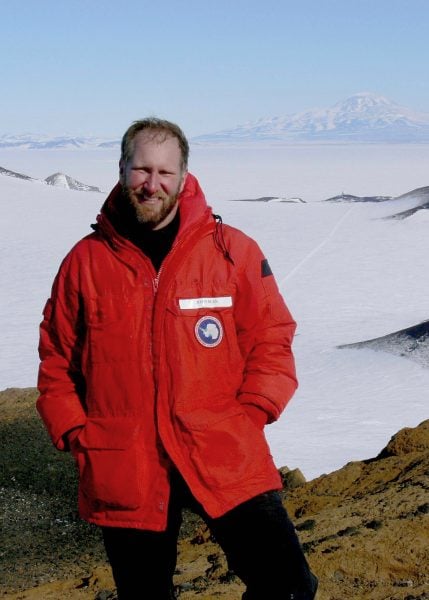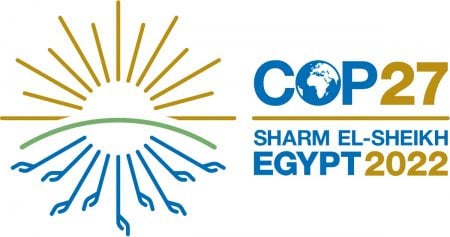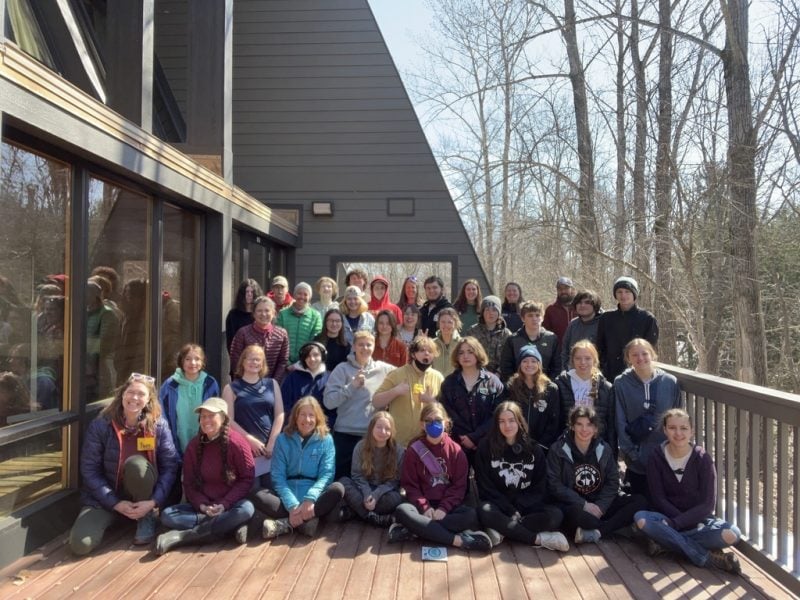The 2024 Western Upper Peninsula STEM Fair & Festival was held on Saturday, March 16, at the Memorial Union Ballroom from 1-4 p.m. New to the event this year: participants who develop an engineering design project had the chance to advance to Invention Convention Michigan, a competition held later this year at The Henry Ford Museum of American Innovation in Dearborn, Michigan.
Students from Houghton, Baraga, Keweenaw, Ontonagon and Gogebic Counties in grades 4-8 were invited to participate in the STEM Fair. Registration was open to individuals and teams of two to three students. Students prepared and presented on a science investigation or an engineering design project.
The public was invited to attend the STEM Festival, held simultaneously, in the commons area of the Memorial Union Building from 1-4 p.m. The festival was coordinated by the Michigan Tech Center for Science and Educational Outreach.
This year’s fair had 40 projects by 45 students from fourth through eighth grades. Students could come from throughout the five western U.P. counties.
The 2024 Western U.P. STEM Fair & Festival is a collaborative effort of the Western U.P. MiSTEM Network, MTU Center for Science and Educational Outreach, Invention Convention Michigan, and the Copper Country Intermediate School District.
Many thanks to our current and past sponsors and volunteers. For more information, please contact Tom Oliver at 906-487-2412 or teoliver@mtu.edu, or visit the Western U.P. STEM Fair & Festival webpage.
